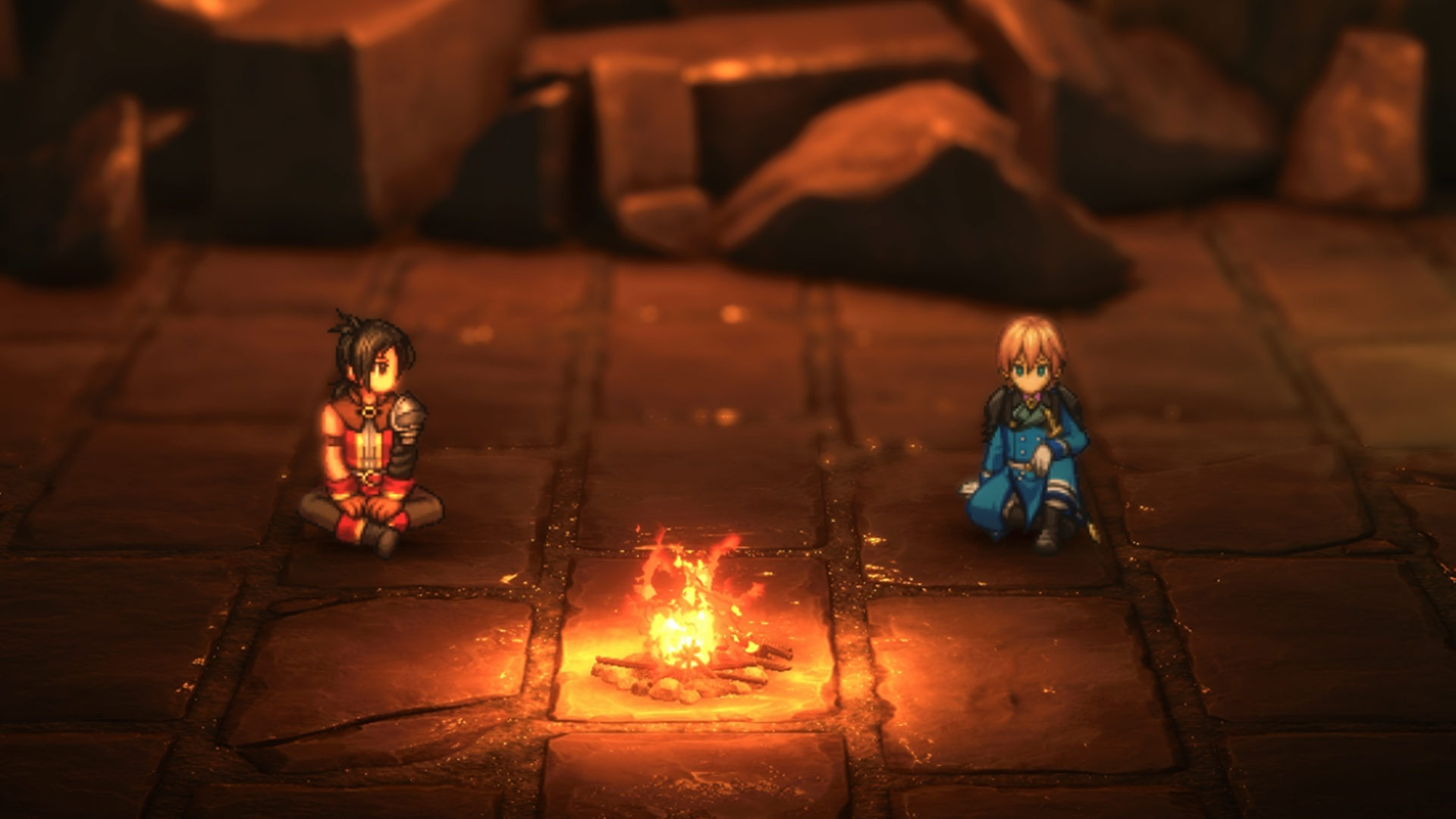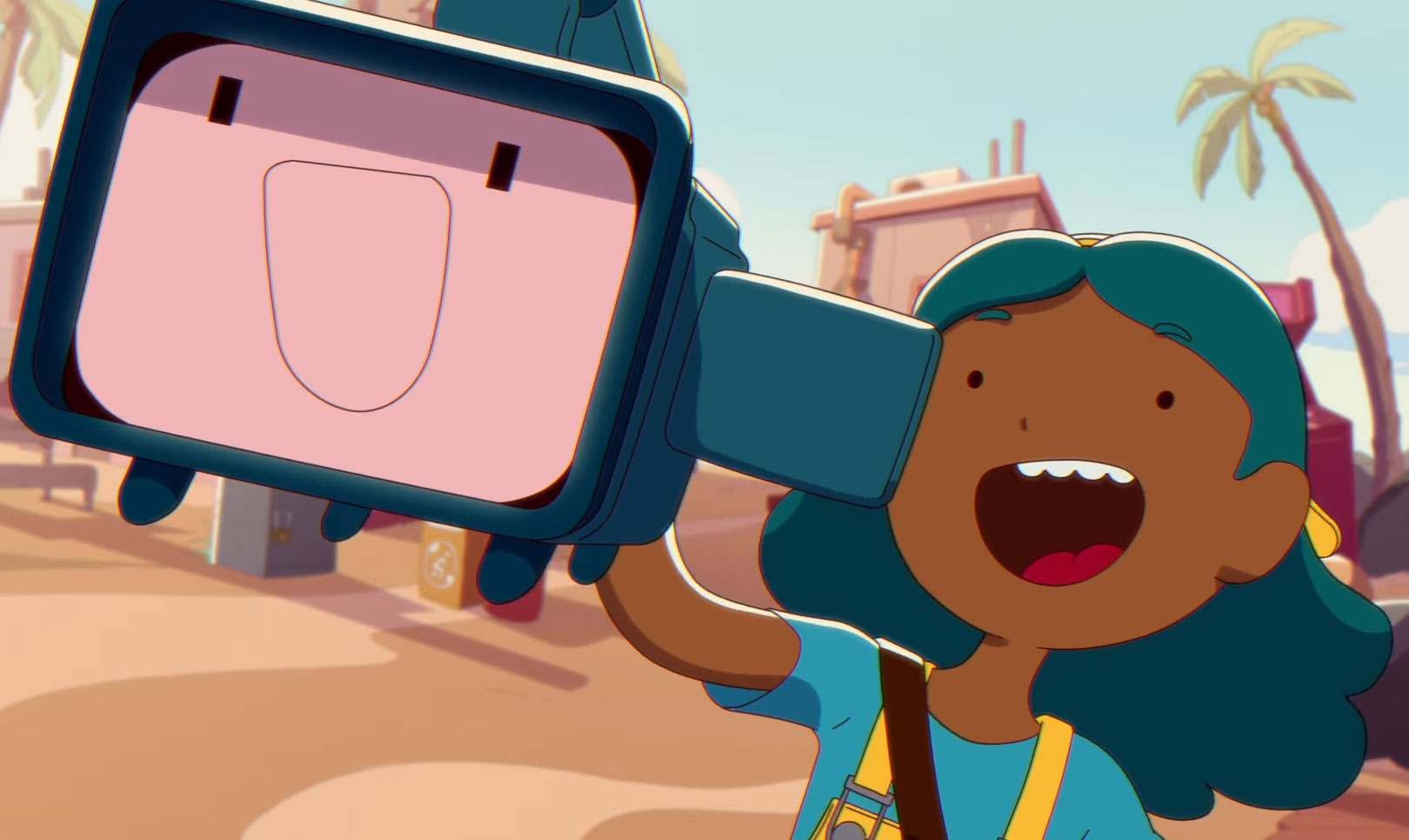

Write what you are looking for and press enter to begin your search!

Live News


From K-Pop Skeptic To Idol Manager: My ‘Road To Debut’ Journey
 ">
">
By Lewis Larcombe|December 20, 2024|0 Comment
The idol genre is one that I’ve always been wary of. Not because I find it particularly cringe or distasteful, but because I fear I might fall for it. As someone who claims to be an otaku, I’ve steered clear of idol-centric media like Love Live! or The IDOLM@STER for that very reason. Consuming it feels like stepping into a world where you’re always on the outside looking in. So, when it comes to idol manager games—where you’re literally thrust into the role of managing these idols—I’ve kept my distance. Until now.
Enter K-pop Idol Stories: Road to Debut, the award-winning title developed by Indonesian-based Wisageni Studio and published by PQube. This game, which I, unfortunately, didn’t get a chance to try during the most recent Level Up KL (whether by “choice” or time constraints, I’ll let you decide), recently dropped its first demo on Steam. Naturally, I was tasked with previewing it. So, thanks, Jon, for opening a Pandora’s box no one knows how to close. If I become obsessed and start slacking off, I’m citing you as the reason.

In K-pop Idol Stories: Road to Debut, you play as a manager whose idol group is giving their final performance before the agency shuts down. Post-show, you attend another concert courtesy of your ex-boss—and fate throws you a curveball. You’re offered a job at WG Entertainment, an industry giant led by the iconic Mr. Jae (a.k.a. “Hitman J”), the very reason you entered the business in the first place. Your new role? Managing Project KISS, WG’s ambitious venture to debut a fresh idol group. And so, the journey begins.
From the moment I took the reins, I felt the weight of responsibility. Balancing trainee attributes, a starting budget of $50,000, and the high stakes of debuting the next big K-pop group—it’s a lot, but isn’t that the charm of a management sim? The game doesn’t shy away from hard-hitting decisions: Should you push for rigorous training to boost skills or adopt a nurturing approach to keep morale high? Missteps can lead to scandals, group breakups, or even worse—angry fans flooding your inbox with complaints.

Your management style is influenced by your first big decision: choosing between three distinct profiles—The Marketer, The Realist, and The Risk-Taker. While the game doesn’t clearly outline the benefits of each style, I found that my choice subtly influenced my approach. Playing as The Risk-Taker, I leaned into bold, in-character decisions, even if the demo didn’t last long enough for me to fully reap the benefits of the point system tied to these styles.
Once formalities like naming my idol group were out of the way, I quickly realised I was managing a project without any idols to develop. Step one? Auditions. With only three months to assemble my group, time became a precious commodity. Auditions, regardless of the method chosen, take a week to complete, so every decision felt crucial. My first audition—the priciest Offline Audition at $4,000—introduced me to one of the game’s core mechanics: minigames. This particular challenge involved aligning a spotlight with podiums in a timing-based game, simple yet engaging enough to break up the managerial grind.

From the batch, I recruited two promising trainees: Hana, a social media influencer with over a million followers, and Gita, a seasoned dancer with three years of formal training. With my team taking shape, the real work began.
Training sessions are a puzzle in themselves, reminiscent of classic sports management sims like FIFA’s Manager Mode. Each schedule decision impacts your trainees’ attributes, happiness, and stamina, requiring careful balancing to ensure consistent progress without burning them out. While I appreciated the intricate planning involved, I couldn’t help but wish the trainees exhibited more personality.
Wouldn’t it be fascinating if a diva-like trainee clashed with a shy, reserved one, forcing you to mediate and balance their chemistry? While the game’s systems hint at deeper dynamics, the demo doesn’t quite reach that level of depth, leaving me hopeful for more character-driven interactions in the full release.

Now, while that wish is directed at trainee interactions, the dynamic between trainees and managerial staff—such as vocal coaches or choreographers—is already part of the game. These relationships come with their own set of challenges. For instance, pushing a trainee too hard in vocal training might improve their skills quickly but risks straining their morale or stamina, leading to setbacks down the line. Conversely, opting for lighter sessions to maintain their happiness could slow progress, putting you behind schedule.
Balancing these factors requires careful consideration. Do you risk conflict with a demanding coach to prioritise your trainee’s mental well-being, or do you push them to their limits to hit deadlines? The tension between progress and harmony adds a layer of complexity, mirroring the real-world challenges of idol management. It’s a promising mechanic that adds depth, but I can’t help but hope future updates will expand on it even further—perhaps by integrating these dynamics into trainee-to-trainee interactions for a fuller, richer experience.
Unfortunately, the demo ends just before the first evaluation, which feels like a missed opportunity. Evaluations could’ve been the perfect hook, allowing players to see their hard work pay off or crash spectacularly. By this point, I was invested in my trainees and curious to see how their skills, personalities, and dynamics would translate into performance. A more substantial demo would’ve solidified the emotional connection players feel toward their budding idols.

The choices you make throughout the game shape your group’s journey, but the demo only scratches the surface of how impactful these decisions can be. Your management style, training priorities, and scheduling preferences set the tone, but the payoff remains elusive in this early build. Still, there’s enough here to hint at a rich tapestry of cause-and-effect gameplay waiting to unfold in the full release.
One standout feature is the game’s original K-pop-inspired soundtrack. While I’m no K-pop aficionado, the tracks are undeniably catchy, enhancing the immersion and authenticity of your group’s journey. Wisageni Studios enlisted a real K-pop composer, and it shows. The music captures the genre’s vibrant energy, adding another layer of realism to the experience.

K-pop Idol Stories: Road to Debut didn’t turn me into a hardcore K-pop stan—not yet, anyway. But it did make me rethink my preconceived notions about the genre. Beneath the glitz and glamour lies a gritty, strategic grind filled with drama, high stakes, and the satisfaction of crafting a global sensation.
If you’re a fan of K-pop or management sims, this game is tailor-made for you. But even if you’re a newcomer like me, there’s plenty here to spark an unexpected obsession. So, thanks again, Jon. Once this game officially comes out (which is slated for sometime in 2025) my productivity for that week will officially be in jeopardy.

By Jon Leo|September 21, 2023
Suikoden fans have it rough, what with the flagship role-playing game series all but forgotten by its creator Konami. Hence we see a company named Rab...

By Jon Leo|January 26, 2022
Developer Roll7 and publisher Private Division just revealed a new OlliOlli World cinematic trailer that exuberates the game's art style and awesome m...

By Jon Leo|January 28, 2021
Developer Dontnod just got the extra funding they needed to create their future dream adventure projects. Or at least, a new IP from their paymasters....

By Lewis Larcombe|December 15, 2024

By Jon Leo|December 4, 2024

By Lewis Larcombe|November 29, 2024

By Kakuchopurei|November 23, 2024

By Alleef Ashaari|December 19, 2024

By Alleef Ashaari|December 19, 2024

By Alleef Ashaari|December 19, 2024

By Alleef Ashaari|December 19, 2024

By Alleef Ashaari|December 19, 2024

By Lewis Larcombe|December 15, 2024

By Jon Leo|December 4, 2024

By Lewis Larcombe|November 29, 2024

By Kakuchopurei|November 23, 2024

By Alleef Ashaari|December 19, 2024

By Lewis Larcombe|December 15, 2024

By Jon Leo|December 4, 2024

By Lewis Larcombe|November 29, 2024

By Kakuchopurei|November 23, 2024
Copyright @ Kakuchopurei 2024